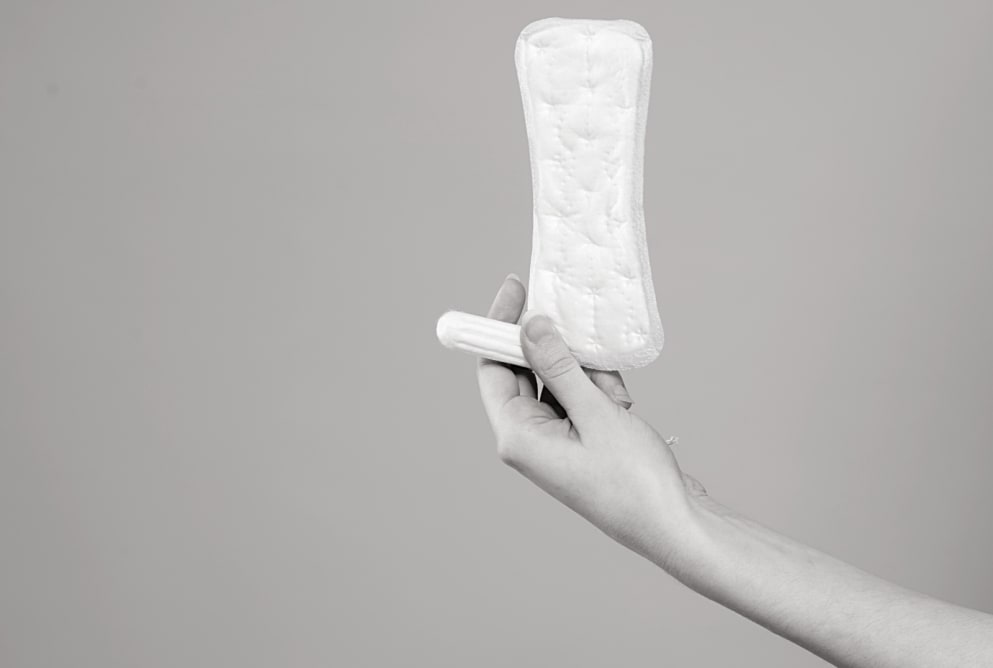Menstruation is still a taboo in many communities. Conversations around it remain uncomfortable and awkward. And whilst that feeling of unease needs to change, it’s not a massive cause for concern for people who can afford to buy menstrual products, and who can have their period without it being a risk to their health.
People experiencing homelessness don’t have that luxury.
What would you do?
Ask yourself, what would you do if you didn’t have guaranteed access to a bathroom? What would you choose between buying food or buying tampons? Ultimately, it’s not a choice anyone should ever be faced with making.
Here we’re taking a look at some of the ways in which menstruation during homelessness is a big deal and actually, at times, puts people at risk.
Criminal activity
Period poverty is a real thing. To put it into perspective, studies have shown that the average spend per month on sanitary products is £13. That’s £18,000 over an average lifetime. And that doesn’t include replacing clothes when they’re ruined or pain relief to ease discomfort.
Not being able to afford menstrual products often increases instances of shoplifting. As if life on the streets wasn’t hard enough, many risk getting a criminal record for something that should be seen as a basic necessity. People don’t do this because they want to commit crime, or because that’s ‘just what homeless people do’. It’s because they’re desperate. Not only for the products themselves, but for a shred of dignity.
A risk to health
Homeless people don’t always have regular access to clean bathroom facilities. Neither are they able to afford menstrual products. As a result, they could be at risk of infection due to poor hygiene.
Many people report ‘making do’ during their periods. They'll use tissue paper from public toilets, pieces of clothing such as socks, or anything that will serve as a makeshift sanitary pad. Such poor conditions, and being unable to maintain a safe level of personal hygiene, may lead to urinary tract and yeast infections amongst other things.
The mental strain
Tampons or food? What happens if I get my period unexpectedly? How will I afford new clothes if they get too stained and I’m unable to wash them? Is there a suitable place near a public toilet where I can sleep during my period?
These are just some of the questions homeless people with periods are asking themselves every single month. And that’s on top of the other big questions they’re asking themselves every single day - where will I sleep tonight? How will I eat? What’s going to happen to me?
The mental strain is crushing and takes its toll over time. The last thing homeless people need is to feel embarrassed each time they get their period, and worry about what the consequences of something so natural might be.
Here at Simon on the Streets, we’re committed to helping the most vulnerable in our society find a voice and a better future. There are so many ways you can help us to make a difference. Take a look.
